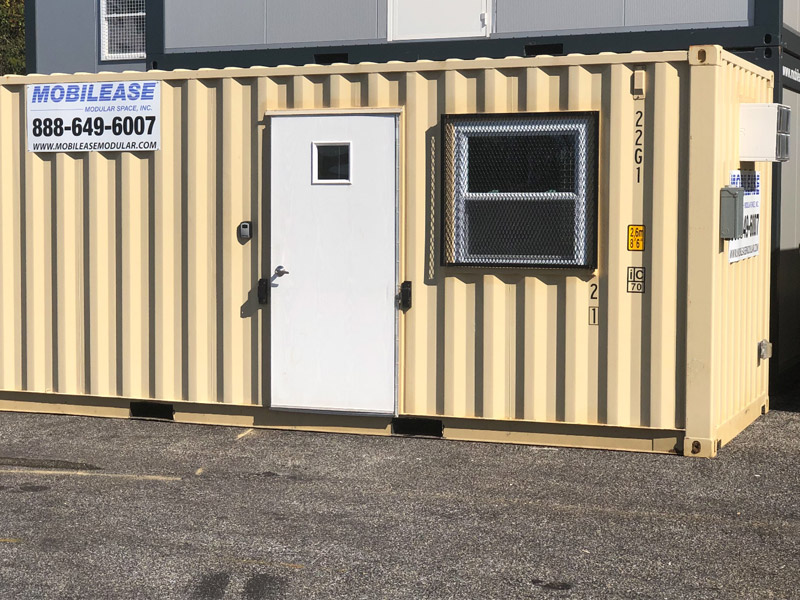Construction
Modular Construction for Modern Industries in the Mid-Atlantic Region
What is Modular Construction?
Modular construction revolutionizes efficiency by constructing buildings off-site in controlled factory environments. While this method uses the same materials to meet the same standards as traditional builds, it drastically reduces construction time without sacrificing quality. These structures are manufactured as fully functional modules, complete with floors, walls, ceilings, and most interior finishes in place. Modules are then delivered and assembled on-site.
Modular construction means building smarter, not slower, but it’s far from being a new concept. This construction process has been used for decades, although it’s gained strong momentum in multi-family housing projects, hotels, and commercial facilities. By combining speed, precision, and flexibility, modular construction offers progressive solutions for today’s fast-changing needs.

The Advantages of Modular Construction
Saves Time
No Weather Delays
Minimizes Material Clutter
Reduces Labor Costs
Cuts Construction Waste
The Challenges Involved in Modular Construction
- Mass Production Limits Variety – Modular construction thrives on uniformity, making it well-suited for repetitive designs like hotels or apartments. However, creating unique or highly customized designs can negate the time and cost efficiencies this method typically provides.
- Front-Loaded Design Complexity – Modular projects demand more decisions and detailed designs early in the process. Finalizing elements like finishes and layouts upfront is critical, requiring all stakeholders to collaborate closely before construction begins to avoid costly delays.
- Approval Processes Can Be Lengthy – Managing federal, state, and local codes can be daunting. Certain jurisdictions complicate modular approval, requiring inspections both in the factory and on-site, which can slow down the timeline and add operational challenges.
- Supplier Risk is Concentrated – Modular projects often rely on a small number of manufacturers capable of meeting requirements. This concentration can become a significant risk if there are delays or issues with the supplier, impacting the entire project’s progress.
- Transportation Risks Increase Costs – Modules must be moved from the factory to the job site, and this requires careful planning. Damage during transport, route complications, or crane setup mishaps can lead to costly repairs or setbacks in the installation schedule.
- Funding Processes Are More Intense – Modular construction creates financial pressures early in the timeline, with larger costs incurred up front. Construction teams, owners, and lenders must align closely to accommodate accelerated payments and adequate funding throughout.
